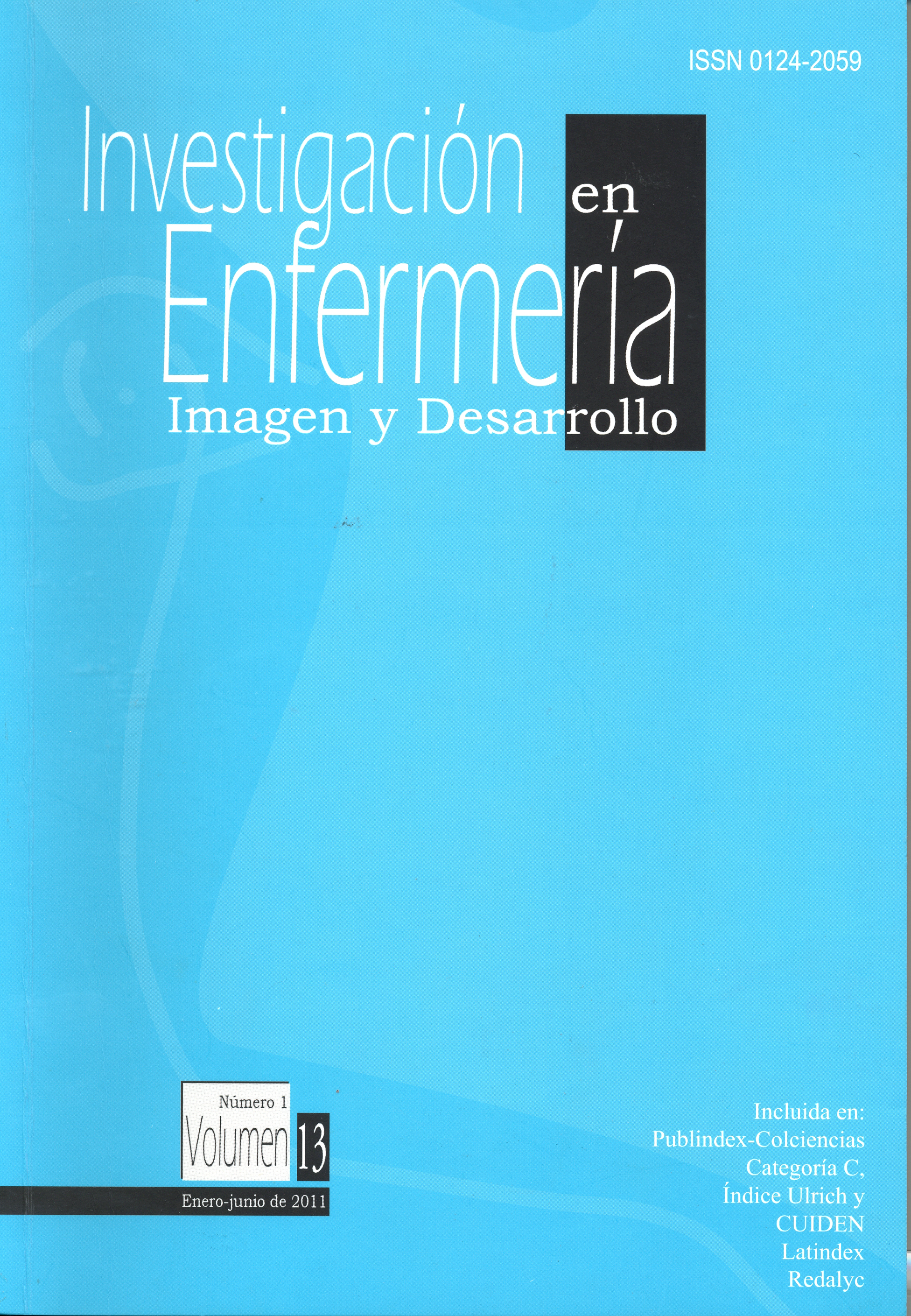Abstract
Based on a study on FSP (Public Health Functions), the proposed goal was to determine the Public Health Functions that perform nursing professionals and how to acquire the skill. The methodology included a descrptive-evaluative disign; the sample was 76 professionals vinculated to service institutions of health, active in that area. The instument for data collection was a survey EPHF proposed by WHO, with adaptation for professionals practice. Among the results: 56.6% of nurses are between 20 and 39 years, 93.5% of these were females. 58% work in the public sector. Regarding the FSP 1, monitoring, evaluation and analysis of health status, 81.5% do, 20.3% comply with the process from registration to socialization, 27.6% learned in University. Concerning the FSP 2: the public health surveillance to identify benefits, threats and damage to public health, 79.9% is performed, 85% behavioral analysis of events and changes in living conditions influence and prioritize public healyh and contribute to the problems, of which 35% University gave him this knowledge. On the FSP 3: Health Promotion, 81.2% application of provisions designed to promote favorable environments and health behaviors, 35.5% learned it in college. Social participation in health: FSP 4: 61.9% fulfills this function, social participation en the development of health diagnosis, is promoted by 47%, 20% knowledge acquired at university. FSP 5: Reserach, only 21% comply with the process.The journal Investigación en Enfermería: Imagen y Desarrollo is registered under a Creative Commons Attribution 4.0 International Public License. Thus, this work may be reproduced, distributed, and publicly shared in digital format, as long as the names of the authors and Pontificia Universidad Javeriana are acknowledged. Others are allowed to quote, adapt, transform, auto-archive, republish, and create based on this material, for any purpose (even commercial ones), provided the authorship is duly acknowledged, a link to the original work is provided, and it is specified if changes have been made. Pontificia Universidad Javeriana does not hold the rights of published works and the authors are solely responsible for the contents of their works; they keep the moral, intellectual, privacy, and publicity rights.
Approving the intervention of the work (review, copy-editing, translation, layout) and the following outreach, are granted through an use license and not through an assignment of rights. This means the journal and Pontificia Universidad Javeriana cannot be held responsible for any ethical malpractice by the authors. As a consequence of the protection granted by the use license, the journal is not required to publish recantations or modify information already published, unless the errata stems from the editorial management process. Publishing contents in this journal does not generate royalties for contributors.


